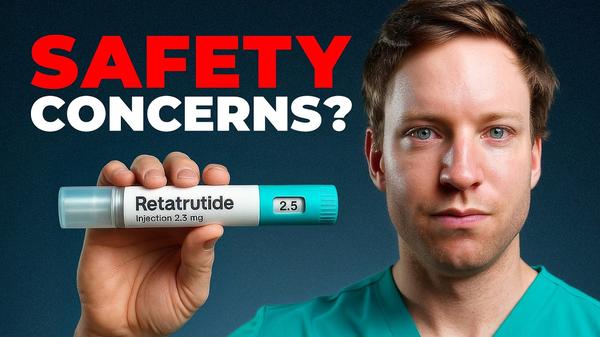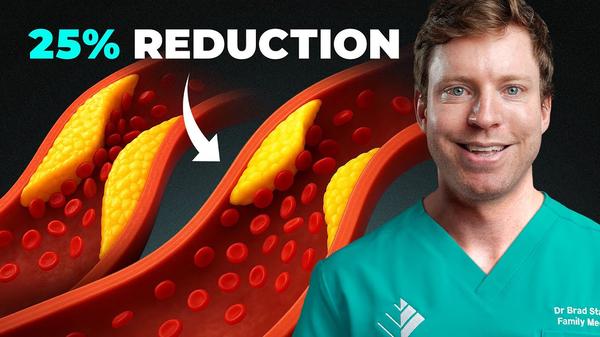
Does High Protein REALLY Cause Heart Disease?
Brad Stanfield
Mar 5, 2024
Mindsip insights from this episode:
Rethink high protein diets: no heart risk found in large study
A 2023 meta-analysis of over 200,000 participants found high protein diets had no effect on cardiovascular death rates, strokes, or heart attacks.
Limit high protein meals to activate autophagy
The study found that a high protein meal deactivates autophagy, which is the body's cellular clearance and recycling process.
Limit protein intake to 25 grams per meal to avoid mTORC1 activation
The authors concluded that consuming more than 25 grams of protein per meal is the threshold that activates mTORC1, which they link to potential harm.
Calculate daily protein goal for obesity using height
For obese individuals, a quick formula to estimate your daily protein goal in grams is to multiply your height in centimeters by 0.75.
Beware sugary protein drinks like Boost Plus in diet studies
The recent study warning against high protein used liquid meals based on Boost Plus, a drink containing 24 grams of added sugar and glucose syrup.
Increase protein intake from plants to lower mortality risk
Research in the British Medical Journal shows that higher protein intakes, particularly from plant-based sources, are associated with lower all-cause death rates.
More from
Brad Stanfield
You also might be interested in
#1 Nutrition Scientist: This Is Why You Struggle To Lose Weight | Kevin Hall, PhD
The 5 Pillars That Will Transform Your Health In 2026
How Laura Modi Is Rewriting Baby Formula
Ketogenic diet, ketosis & hyperbaric oxygen: metabolic therapies for weight loss, cognition, Alzheimer's & more | Dom D'Agostino, Ph.D.
What If You Stop Eating For 72 Hours?











